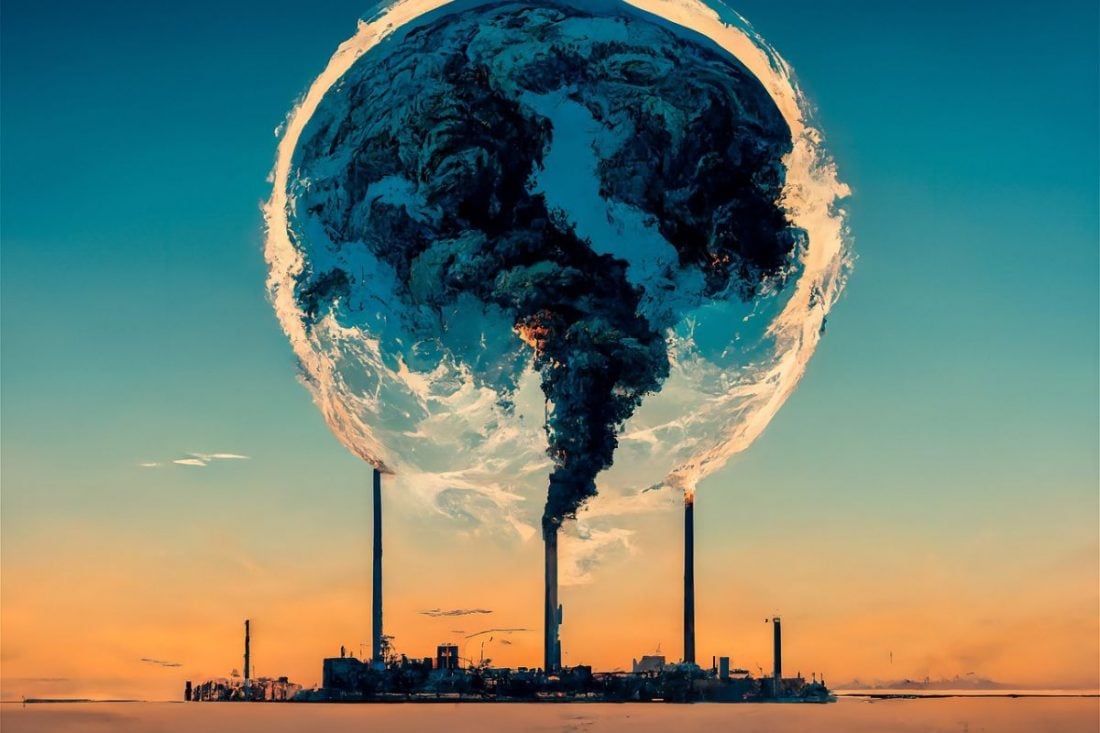


-Climate change is a very severe case that is affecting many parts of the world but mostly to Antartica. Climate Change mostly refers to a long-term change in the average
weather patterns that have come to define Earth's local,regional and global climates. This can and will be lethal to our planet since many living things such as humans
can't survive the very hot temperatures.Climate change has a range of lesser-known impacts, including ocean acidification, exacerbation of social and economic inequalities,
changes in precipitation patterns affecting agriculture and water resources, release of methane from thawing permafrost, and impacts on human health. This critical issue
is primarily driven by human activities such as burning fossil fuels and deforestation, leading to rising temperatures, sea levels, and extreme weather. Addressing this
challenge requires global action to reduce emissions and transition to sustainable energy sources.
-Climate change is important because it has significant and far-reaching impacts on the environment, human health, economies, and societies. It affects natural ecosystems,
contributes to extreme weather events, and poses risks to food and water supplies. Addressing climate change is crucial for ensuring a sustainable and habitable planet
for current and future generations. In addition to the dangers mentioned earlier, climate change can also lead to rising sea levels, which threaten coastal communities and
ecosystems. It can disrupt agriculture, trade, and industry, leading to economic instability and affecting livelihoods worldwide. Addressing climate change requires global
efforts to transition to renewable energy sources and build resilience in the face of ongoing changes. Climate change is important because it has significant and far-reaching
impacts on the environment, human health, economies, and societies. It affects natural ecosystems, contributes to extreme weather events, and poses risks to food and water
supplies. Addressing climate change is crucial for ensuring a sustainable and habitable planet for current and future generations.